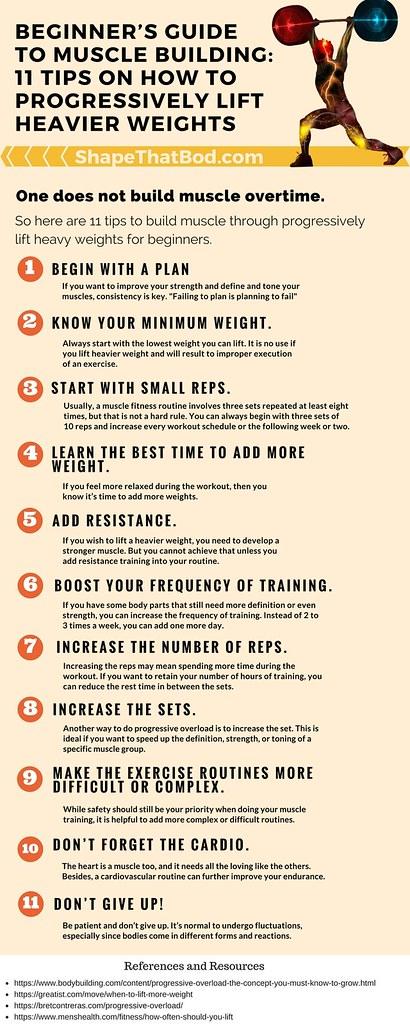
When it comes to maximizing your gains in the gym, having a proper weight training diet is essential. Your diet plays a crucial role in fueling your workouts, aiding in muscle recovery, and promoting overall muscle growth. In this ultimate guide, we will discuss the key components of a weight training diet and how you can optimize your nutrition to support your fitness goals.
Protein
Protein is the building block of muscle and is essential for muscle repair and growth. As a weight trainer, it’s important to consume an adequate amount of protein to support your training regimen. The recommended daily intake for protein varies depending on your individual needs and goals, but most experts recommend consuming 1-1.5 grams of protein per pound of body weight.
Good sources of protein include lean meats such as chicken, turkey, and fish, as well as dairy products like Greek yogurt and cottage cheese. Plant-based sources of protein such as beans, lentils, and tofu are also great options for those following a vegetarian or vegan diet. Supplementing with protein powder can also be beneficial for meeting your protein needs, especially on days when you may not be getting enough from whole foods.
Carbohydrates
Carbohydrates are your body’s primary source of energy, making them essential for fueling intense weight training sessions. Complex carbohydrates like whole grains, fruits, and vegetables provide a steady source of energy, while simple carbohydrates like sugary snacks and drinks can give you a quick burst of energy but may lead to a crash later on.
It’s important to consume an adequate amount of carbohydrates before and after your workouts to support optimal performance and recovery. Aim to consume a mix of complex and simple carbohydrates, such as oatmeal with fruit before your workout and a sports drink or energy bar immediately after to replenish glycogen stores and promote muscle recovery.
Fats
While fats often get a bad rap, they are an important macronutrient that plays a crucial role in hormone production, brain function, and overall health. Healthy fats like avocados, nuts, seeds, and olive oil should be included in your weight training diet to support these functions.
Avoiding saturated and trans fats found in fried foods, processed snacks, and fatty cuts of meat is important for maintaining optimal health and supporting your fitness goals. Be mindful of your portion sizes when consuming fats, as they are calorie-dense and can easily lead to weight gain if consumed in excess.
Hydration
Staying hydrated is a key component of a successful weight training diet. Water is essential for regulating body temperature, lubricating joints, and transporting nutrients to your muscles. Aim to drink at least 8-10 cups of water per day, more if you are working out in hot weather or sweating heavily.
In addition to water, electrolyte-rich beverages like sports drinks can help replenish lost fluids and minerals during intense workouts. Avoid sugary beverages like soda and energy drinks, as they can lead to dehydration and interfere with your fitness goals.
Timing
In addition to the quality of your diet, the timing of your meals can also play a crucial role in fueling your gains. Eating a balanced meal or snack containing protein, carbohydrates, and fats within 2 hours of your workout can help promote muscle repair and growth.
Consuming a post-workout meal or shake immediately after your workout is especially important for replenishing glycogen stores and promoting muscle recovery. Aim to consume a mix of protein and carbohydrates in a 3:1 ratio within 30 minutes of finishing your workout to maximize your gains.
Supplements
While it’s always best to get your nutrients from whole foods, supplements can be a convenient way to ensure you are meeting your nutritional needs, especially if you have specific dietary restrictions or goals. Some common supplements that can support your weight training diet include:
– Protein powder: A convenient way to increase your protein intake and support muscle growth.
– Creatine: A supplement that can help increase muscle strength and power output during high-intensity workouts.
– BCAAs (branched-chain amino acids): Amino acids that can help reduce muscle soreness and promote muscle recovery.
– Fish oil: A source of omega-3 fatty acids that can support heart health and reduce inflammation.
It’s important to consult with a healthcare professional or registered dietitian before starting any new supplement regimen, as some supplements may interact with medications or have negative side effects.
Meal Ideas
Here are some meal ideas to help fuel your gains and support your weight training diet:
– Breakfast: Greek yogurt with berries and almonds
– Snack: Apple slices with peanut butter
– Lunch: Grilled chicken salad with avocado and quinoa
– Snack: Protein shake with banana and spinach
– Dinner: Salmon with sweet potato and steamed broccoli
Remember to have a balanced mix of protein, carbohydrates, and fats at each meal and snack to support your fitness goals and maximize your gains.
In conclusion, fueling your gains with a proper weight training diet is essential for achieving your fitness goals. By focusing on consuming an adequate amount of protein, carbohydrates, fats, and staying hydrated, you can optimize your nutrition to support your workouts and promote muscle growth. Remember to pay attention to the timing of your meals, consider adding supplements to your diet, and experiment with different meal ideas to find what works best for you. With a consistent and balanced diet, you can fuel your gains and take your fitness to the next level.












